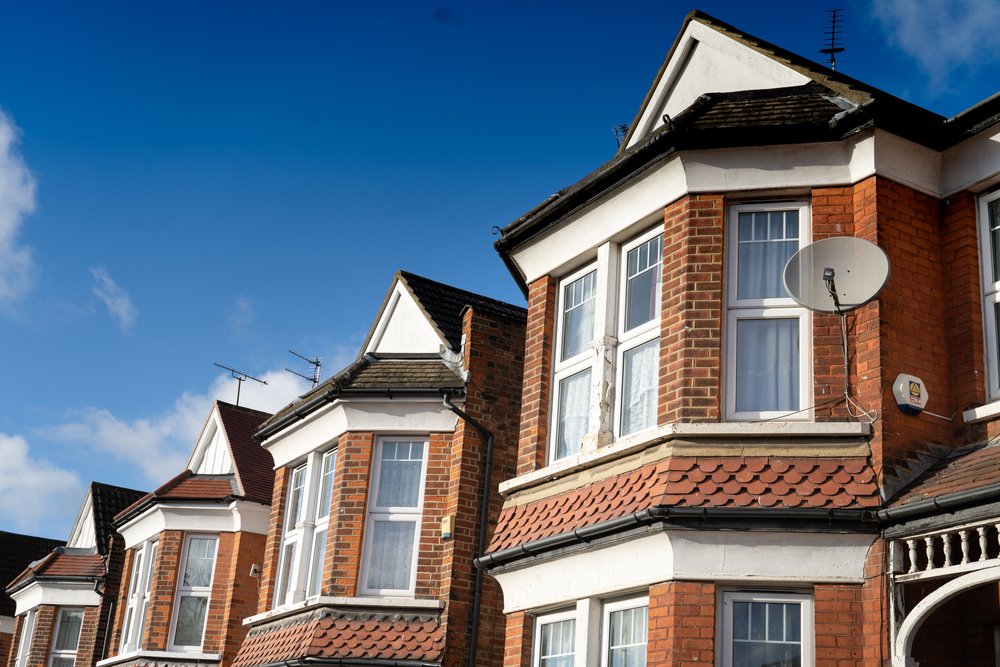With inflation at its highest level in ten years, surely interest rates must be set to rise and what will this mean for those looking to get a good deal on a mortgage?
UK inflation has jumped to its highest level in a decade. Inflation went up from 3.1 per cent in September to 4.2 per in October according to The Office for National Statistics. This is the highest level since December 2011, when the annual inflation rate was 4.8 per cent.
Although a rise in inflation can be followed by a rise in interest rates, the Bank of England’s base rate still remains at a historic low of 0.1 per cent. Some experts predicted that we would see a base rate increase in November, however, the Monetary Policy Committee – the panel of nine economists who decide the Bank’s base rate policy – voted 7-2 against an increase. The Monetary Policy Committee will meet again in December and will announce their decision on 16th December, so there could still be an increase in the base rate before the end of the year.
Property market
So, what does this mean for the property market, and will it become more expensive to take out a mortgage? Inflation going up can sometimes lead to a rise in interest rates, but ultimately, it’s up to the Bank of England to decide whether or not to increase rates. At the moment, the base rate remains unchanged, but lenders have nonetheless recently increased their rates.
‘Many predicted that the Bank of England base rate would increase at the beginning of November, but this didn’t happen,’ says MB Associates’ Sales Manager Phil Leivesley. ‘However, the majority of mortgage lenders reacted ahead of any potential news by increasing the rates of their products, which means that the next Bank of England base rate increase, whenever it comes, should already be factored in.’
Low interest rates
Earlier this year there were sub-one per cent rates available to borrowers with a substantial deposit but some of the major lenders have recently withdrawn certain products and replaced them with new ones at higher rates. According to the finance website, Moneyfacts, the most competitive rates are starting to vanish. However, there are still good deals to be found.
Phil adds: ‘Whilst lenders increasing their rates might seem to suggest that the ultra low-rate party is now over, the cost of borrowing remains extremely low, and the majority of borrowers will be pleasantly surprised at the rates they’ll be able to secure.’
Short-lived deals
At the time of writing, Nationwide has a deal of 1.34 per cent on a five-year fixed-rate loan for those with equity of 40 per cent in their home. Moneyfacts says that Halifax is offering 1.10 per cent on a two-year fixed rate deal – also for those with a 40 per cent deposit. However, it’s important to understand that things can change very quickly, and many deals only exist for a limited period of time.
A few weeks ago, HSBC, NatWest and Nationwide increased their rates, and Skipton Building Society said it would remove all of its three-year fixed rates. According to Moneyfacts, the number of sub-one per cent deals fell from 131 to 30, in a matter of weeks.
Fixed rate loans
However, if you have a fixed-rate mortgage deal then you won’t be affected by any rate increases. In fact, The Financial Times website says that rate rises will have less impact on mortgaged households than in the 1990s and 2000s. This is because more of us have fixed-rate deals. It says that over 90 per cent of mortgages in the past four years have been fixed-rate loans. Be aware that mortgage rates can even change on a daily basis – there are still some good deals available but it’s important to shop around and also have all your paperwork ready so that you can react quickly in the event of a good deal. Speak to an experienced mortgage broker who can find the right deal for you and who may also have access to deals not available directly to consumers.

